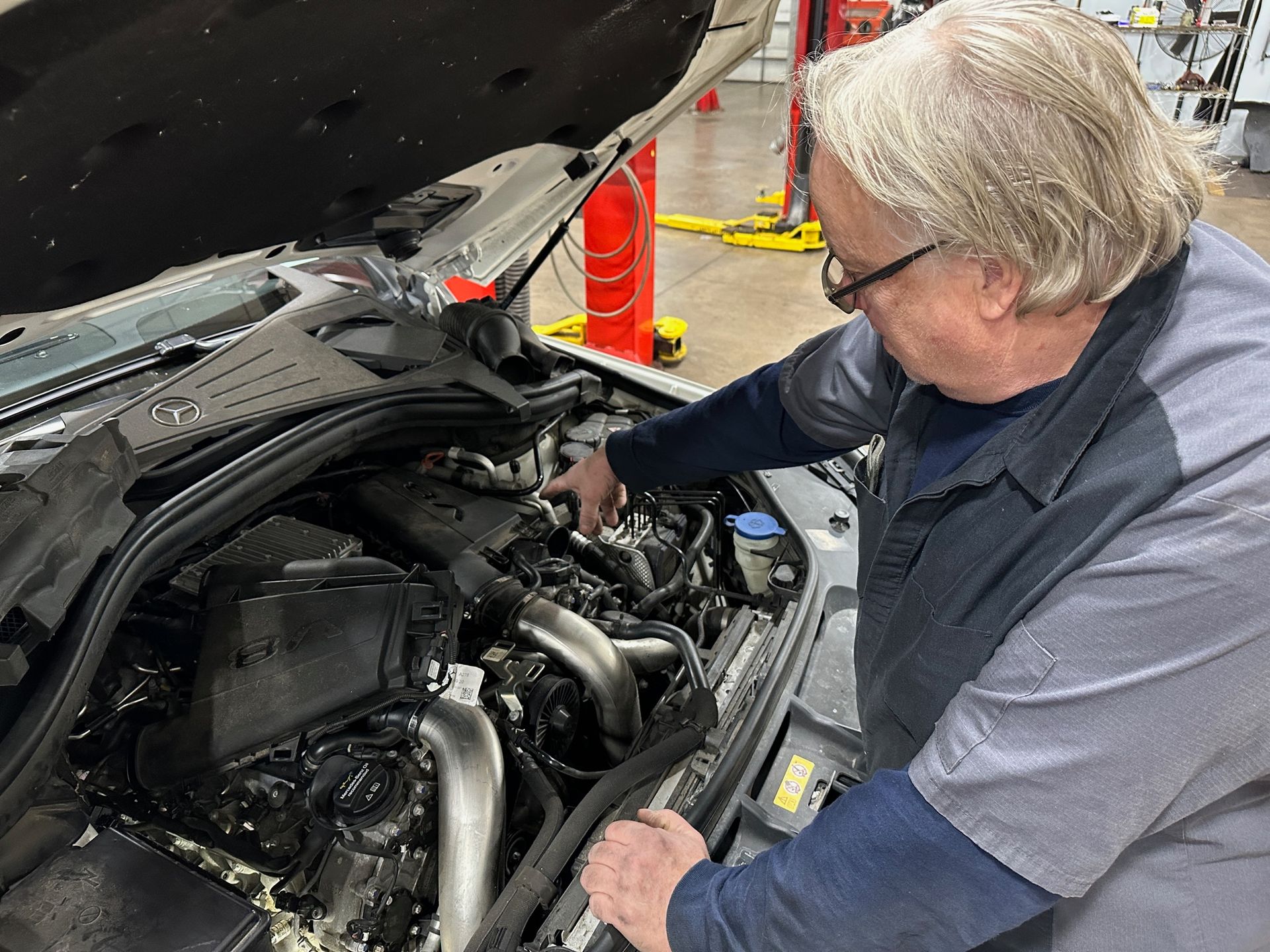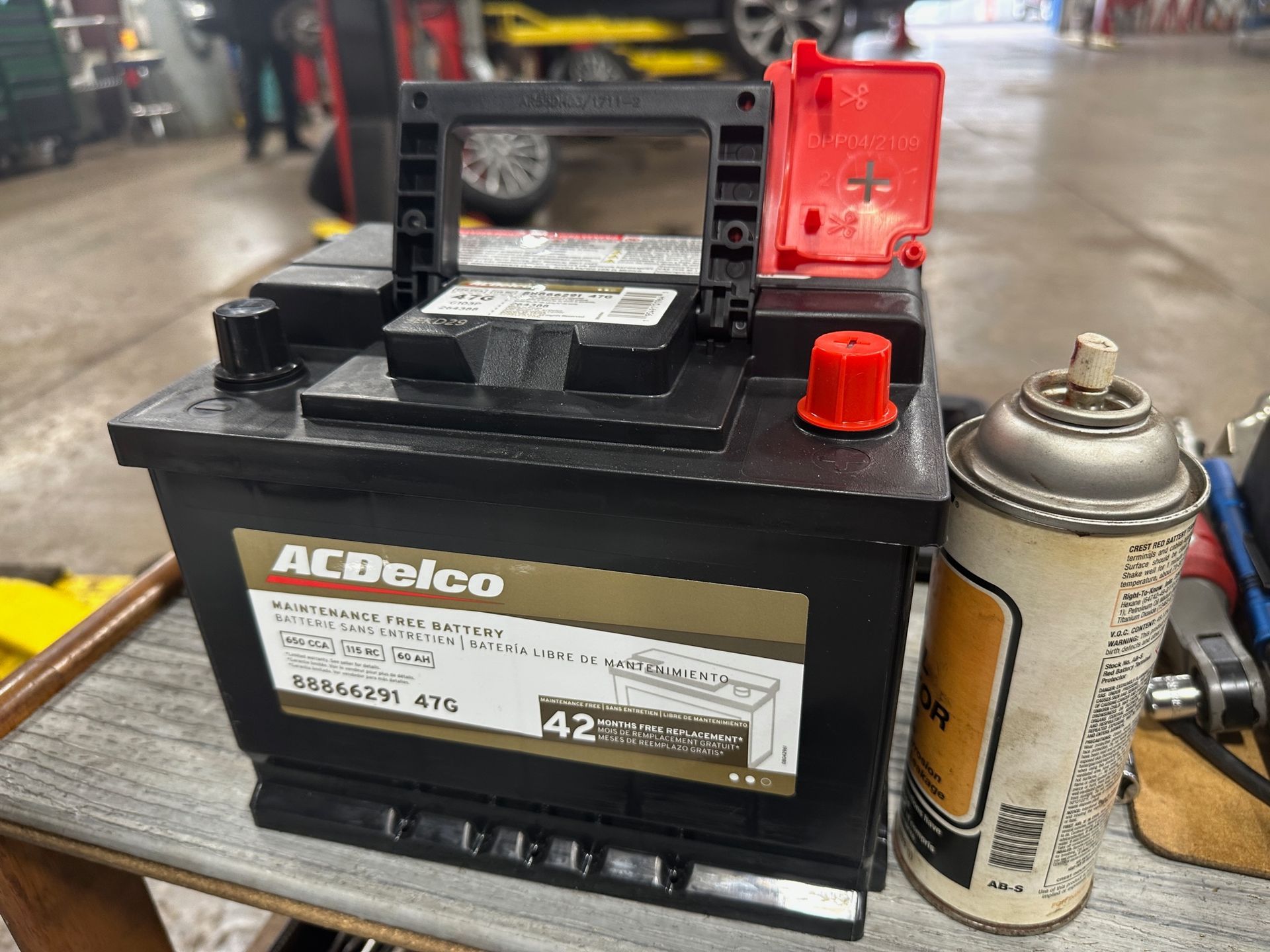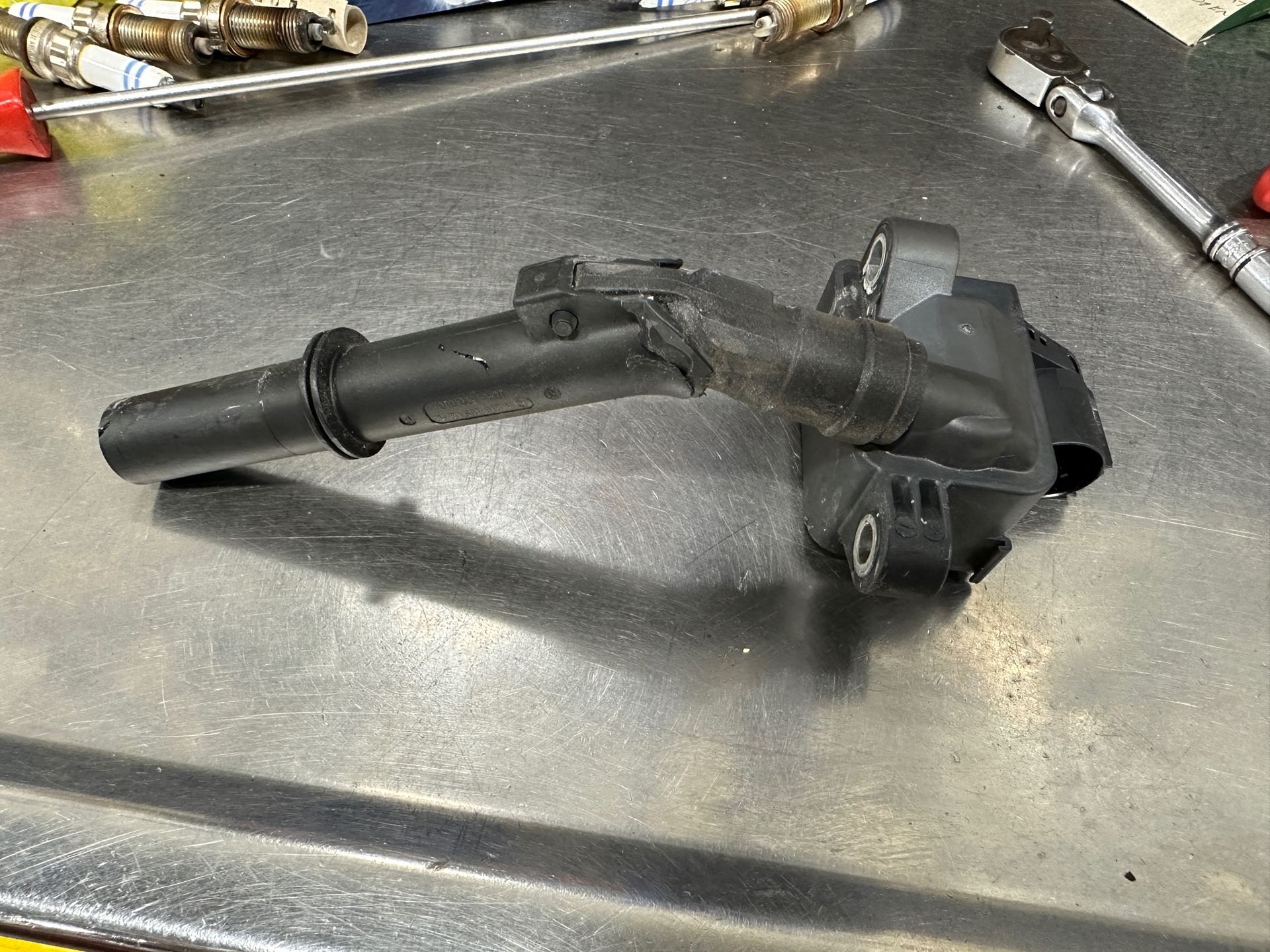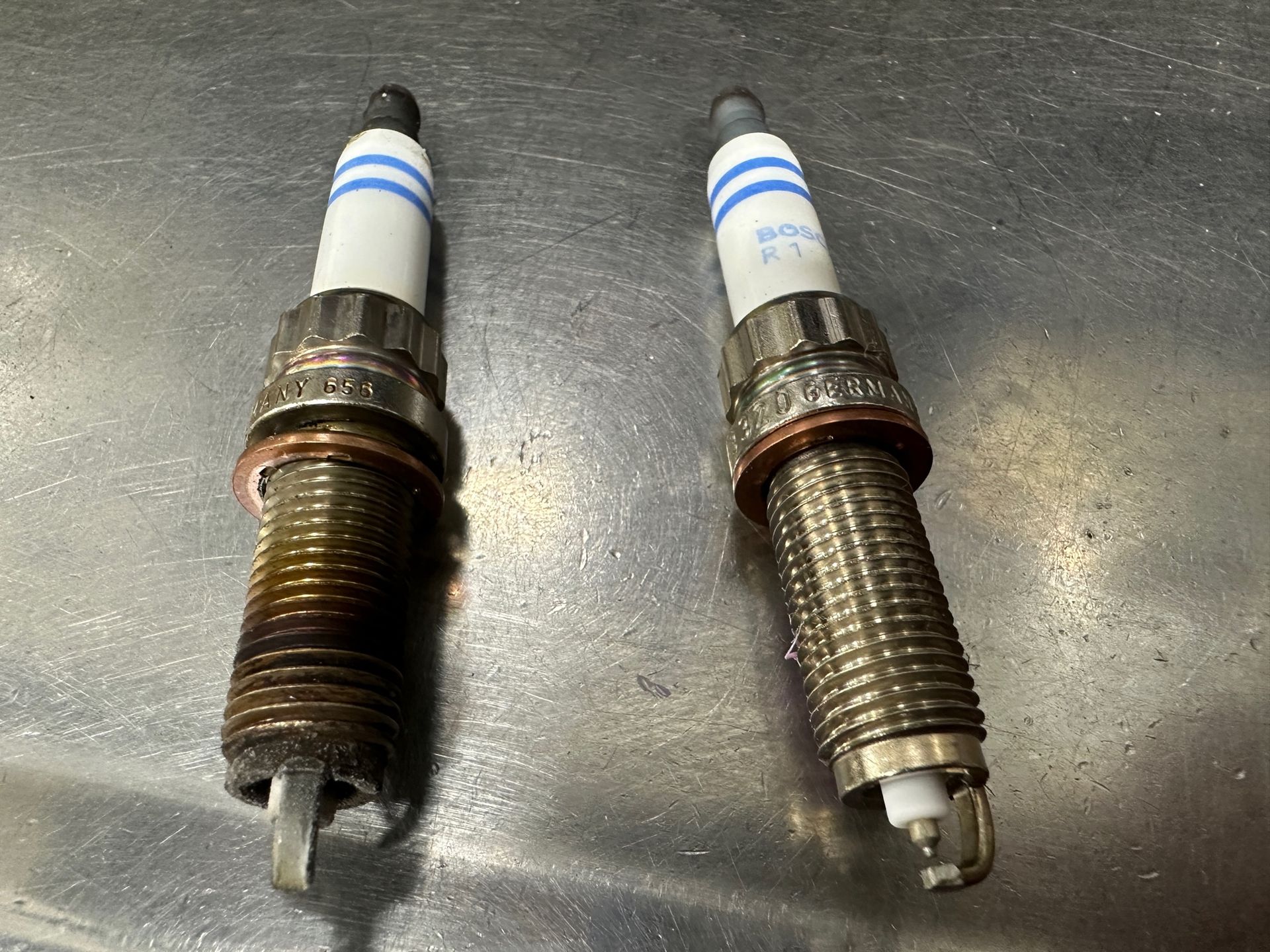
Have you ever thought about how your car actually starts? It's all thanks to something called the ignition system. But what exactly does it do? Well, the ignition system gets your car's engine going. This system creates the spark needed to start the engine by igniting the fuel and air mixture. Let's break down this important system and see how it operates.
Your vehicle's battery sends the electricity required to power the other components of the ignition system. The battery sends electricity to the starter, which gets the engine running. The battery supplies power to the ignition coil. The ignition coil generates the spark needed to ignite the fuel and air mixture.

The next part is the ignition coil which takes the low voltage from the battery. Then transforms it into the high voltage necessary to produce a spark. The ignition coil consists of two coils of wire wrapped around an iron core. When the battery sends electricity to the ignition coil, it creates a magnetic field. This enables the high voltage spark to leap between the spark plugs.

The spark plugs are the third element of the ignition system. These plugs are situated in each cylinder of the engine. And are responsible for setting fire to the fuel and air mixture inside the cylinder. The high voltage from the ignition coil is sent to the spark plugs Then jumps across the gap between the center and ground electrodes. Then finally creates the spark that ignites the fuel and air mixture.

Having problems with your vehicle's ignition system? We can help! Lou's Car Care & Fleet Services has been proudly serving Baldwinsville, NY, and surrounding communities since 1976. Call us or schedule your next appointment online today !
FREQUENTLY ASKED IGNITION SYSTEM QUESTIONS:
1. How does an ignition system work?
The ignition system powers your car by creating sparks that ignite the fuel, initiating the engine. It comprises components like spark plugs and coils, generating high voltage to spark combustion.
2. What are the signs of a failing ignition system?
Common signs of ignition issues include difficulty starting the car, engine misfiring, rough idling, or a lit check engine light. Listen for unusual sounds or experience a loss of power.
3. How often should ignition system components be replaced?
Spark plugs typically need replacement every 30,000 to 100,000 miles, varying by vehicle and plug type. Coils can last longer but might need replacement if issues arise.
4. Can weather or environmental conditions affect the ignition system?
Extreme temperatures and moisture can impact ignition performance. Moisture can cause electrical problems, while heat may affect coil or plug efficiency.
5. What are the differences between conventional and electronic ignition systems?
Conventional systems use distributors to send voltage to spark plugs, while electronic systems, like coil-on-plug, directly fire each plug independently, providing more precise timing.
6. How can I maintain my ignition system?
To maintain your ignition system, ensure regular check-ups, clean connections, and replace spark plugs and coils at recommended intervals. Keep the system free from debris or oil contamination.
Let's Connect! Click on the links below to stay in touch with the Lou's Car Care Community:








